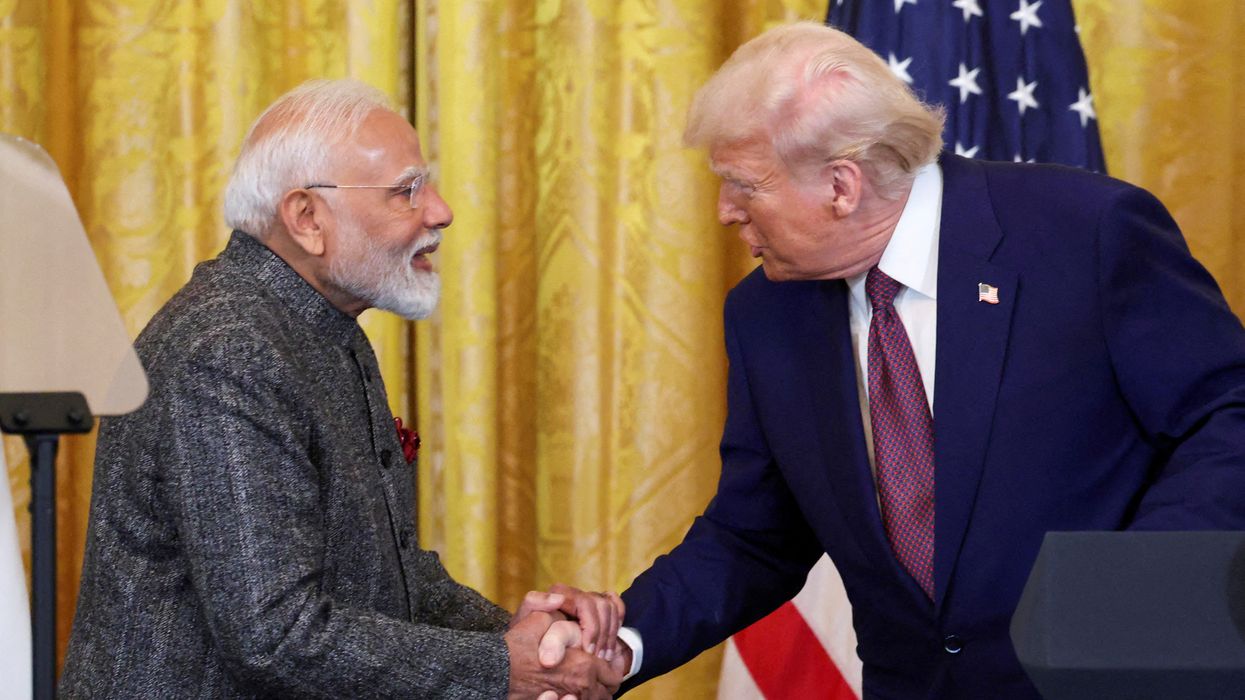NATWEST reported an 18 per cent rise in first-half profit on Friday, slightly ahead of expectations, as it recorded growth in both loans and deposits. The performance allowed the bank to announce a new share buyback worth £750 million.
The British lender posted an operating pretax profit of £3.6 billion for the January to June period. This compares with the £3.46bn average forecast from analysts compiled by the bank.
NatWest also raised its key profit guidance for the year, saying it now expects to achieve a return on tangible equity of 16.5 per cent, up from its earlier guidance of up to 16 per cent.
The results come a day after Lloyds also posted strong earnings, supported by continued resilience among UK households and businesses despite broader economic uncertainty.
The share buyback announcement was in line with analyst expectations of £730m. NatWest shares have climbed 47 per cent over the past year.
On 30 May, NatWest announced it had returned to full private ownership, marking the end of a taxpayer-funded government stake dating back to its 2008 financial crisis rescue.
Then known as RBS, the bank has shifted from being a global investment bank to a domestic-focused corporate and retail lender, which has helped shield it from broader market disruptions.
After years of reducing its operations, NatWest has started expanding again. In June last year, it acquired the banking arm of supermarket retailer Sainsbury’s as part of broader consolidation across the UK financial sector.
The Sainsbury’s deal contributed £2.2bn in customer balances in the second quarter, supporting NatWest’s overall loan growth of £8bn during the period.
The bank said its lending performance, along with relatively low impairments, has helped ease concerns about the impact of slow economic growth and persistent inflation on businesses and mortgage holders.
Competition is expected to increase further this year following Santander’s acquisition of TSB, which created a larger competitor to major players such as NatWest and Lloyds.
(With inputs from Reuters)





















